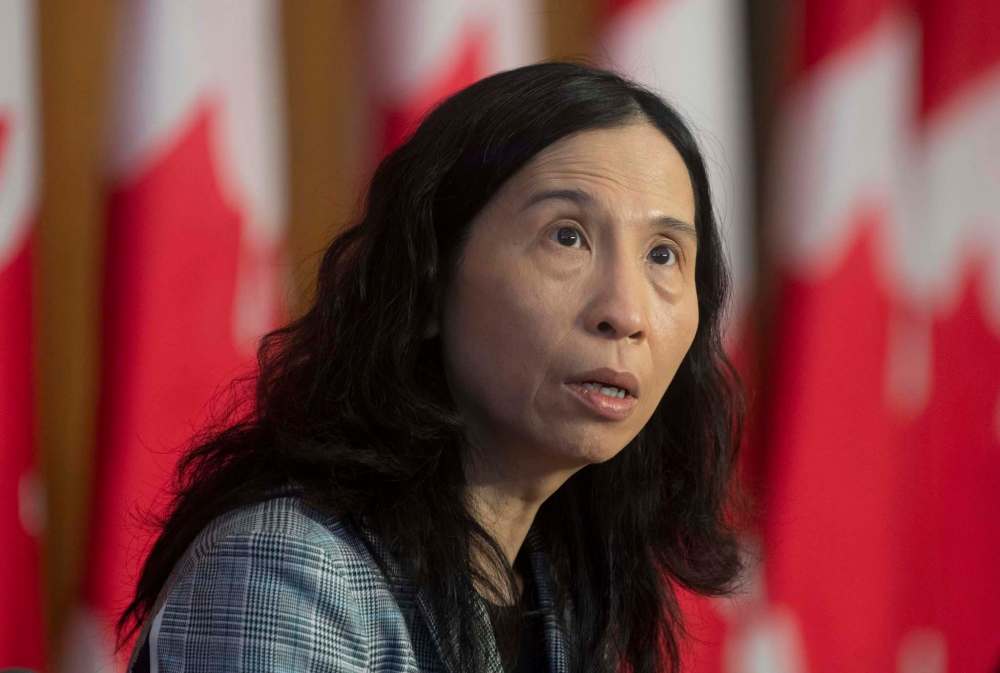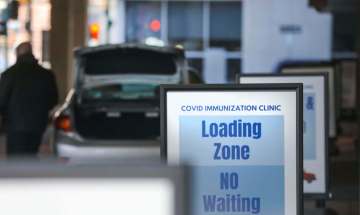No point defending the indefensible
Read this article for free:
or
Already have an account? Log in here »
To continue reading, please subscribe:
Monthly Digital Subscription
$0 for the first 4 weeks*
- Enjoy unlimited reading on winnipegfreepress.com
- Read the E-Edition, our digital replica newspaper
- Access News Break, our award-winning app
- Play interactive puzzles
*No charge for 4 weeks then price increases to the regular rate of $19.00 plus GST every four weeks. Offer available to new and qualified returning subscribers only. Cancel any time.
Monthly Digital Subscription
$4.75/week*
- Enjoy unlimited reading on winnipegfreepress.com
- Read the E-Edition, our digital replica newspaper
- Access News Break, our award-winning app
- Play interactive puzzles
*Billed as $19 plus GST every four weeks. Cancel any time.
To continue reading, please subscribe:
Add Free Press access to your Brandon Sun subscription for only an additional
$1 for the first 4 weeks*
*Your next subscription payment will increase by $1.00 and you will be charged $16.99 plus GST for four weeks. After four weeks, your payment will increase to $23.99 plus GST every four weeks.
Read unlimited articles for free today:
or
Already have an account? Log in here »
Hey there, time traveller!
This article was published 01/04/2021 (1715 days ago), so information in it may no longer be current.
When words such as “indefensible” and “utter failure” figure prominently in an expert’s assessment of your work, it’s a pretty safe bet things haven’t gone well.
Such is the case with Canada’s early response to the global coronavirus pandemic, which was pilloried in no uncertain terms this week by an expert who worked on a recently released auditor general’s report that criticized the initial public-health assessment of the danger COVID-19 posed to this country.
After chief public health officer Dr. Theresa Tam last Friday disputed the report’s findings and stated Canada’s low-risk assessment in early 2020 was “not wrong” and “the domestic risk at that moment in time for the cases in Canada was relatively low,” University of Ottawa adjunct professor Wesley Wark called out the nation’s top doctor for “defending the indefensible.”
At issue in the rebuke from Mr. Wark — whose work on the auditor general’s report involved analyzing the risk assessments during the early stages of the COVID-19 outbreak — is that the Public Health Agency of Canada’s analysis of the novel coronavirus risk focused solely on what was happening in this country, ignoring the way COVID-19 was steamrolling its way around the world in a wave that would inevitably bring it to North America.
He also noted that PHAC’s updates in early 2020 did not acknowledge the World Health Organization’s January declaration of a public health emergency of international concern, and that PHAC appears not to have updated its own risk assessment for Canada at all during February. Ottawa did not identify COVID-19 as a high risk to Canada until March 16, 2020 — five days after the WHO had labelled it a global pandemic.
As such, according to Mr. Wark, the chief public health officer’s defence of Canada’s pandemic readiness is misleading because it mischaracterizes how completely off the mark those assessments and preparations were. “Bottom line is that (they) were an utter failure and cannot and should not be defended,” he told the Globe and Mail. “Far better to acknowledge that serious mistakes were made and get on with the job of making changes.”
Therein lies the cautionary tale — and, one hopes, teachable moment — that all levels of government should be taking from their reviews of a full year of pandemic responses and policies. While there’s little to be gained from dwelling on the still-accumulating layers of tragedy and disappointment spawned by the COVID-19 scourge, each of the lessons gleaned from the pandemic’s uniquely demanding on-the-fly learning process should be absorbed and applied immediately to the ongoing pandemic fight.

And the fight is very much ongoing; despite whatever optimism is being generated by Canada’s maddeningly slow vaccine rollout, the continuing emergence of variants of concern and the third- and fourth-wave eruptions facilitated by the premature lifting of restrictions in some jurisdictions surely reinforces the need to refrain from anything resembling a vanquished-pandemic victory lap.
Manitoba, at present, seems to be heeding the warning, holding back on some of its proposed easings as variant numbers began to rise. Such diligence must continue, despite growing public demands for an opened-up economy during warmed-up weather.
PHAC has pledged to review its risk-assessment methodology by the end of 2022. That’s all well and good for future pandemic planning, but in the current context, one of the hardest lessons delivered by COVID-19 has been that deferred learning is learning of a deadly dangerous nature.










